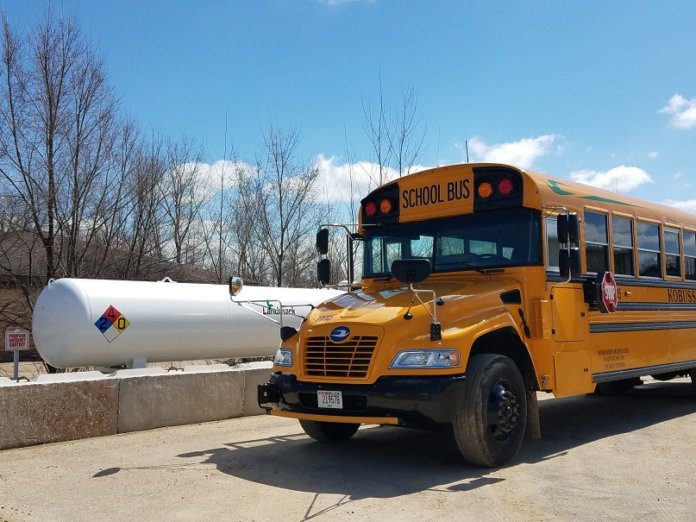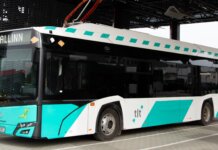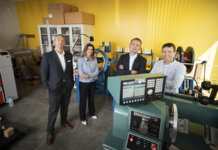
Fuel Fact Check: School buses
Claim: Propane school buses need to be replaced sooner than diesel.
The longevity of a school bus and the fuel it runs on are not mutually exclusive. There are different factors to consider about the lifespan of a school bus – whether it’s fueled by diesel or propane autogas.
The average lifespan of a school bus is 12 to 15 years. The average age of school buses on the road is about nine years, retired by about 15 years. In most cases, state and federal specifications dictate the minimum quality of materials that can be used in school bus construction. Many state regulations require equipment over a certain age to be taken out of service and equipment of all ages to be inspected for safety and road worthiness. Vehicle fuel systems and powertrains are included in this, but they are only a part of the whole vehicle analysis that is done.
Take into consideration vehicle duty cycle: Geography, terrain, road conditions and route are major factors in determining a school bus’ lifecycle. Factors like road salt and corrosion will have the same effect on the chassis and body steel of any make or model, regardless of the fuel source.
Local climates and environmental conditions affect how buses operate, too. For example, a school bus in California may run for 25 years, but a bus in the Northeast, with its corrosive weather, may run about 10 years.
Annual mileage accumulation can affect the lifespan of a bus, too. Most school buses are close to the Federal Highway Administration’s average of 12,000 miles per year, but others may double that mileage within a year, needing replacement sooner.
How a bus is stored is also a consideration. The requirements to store, maintain, operate and repair propane buses are similar to those for buses powered by traditional fuels like gasoline and diesel. When it comes to maintenance, school buses will follow the same OEM guidelines for regular preventative service.
Of course, there are some fuel-specific maintenance differences. Diesel buses require diesel particulate filters, diesel exhaust fluids, exhaust gas recirculation and other after-treatment devices that aren’t needed with propane buses. These costly ancillary devices on modern diesel buses actually pose a threat to sideline the vehicles sooner than the historical average for a diesel bus. Imagine having a bus with only two years of life remaining, but it requires the fix and replacement of an emission component costing twice the value of the bus itself. Propane fuel, with its low carbon density and clean combustion through an engine, requires very little emission complexity and considerably lower costs of repair. This makes it more resistant to obsolescence than a modern diesel.
No matter the type of fuel powering the bus, it should be backed by a factory warranty.
Bottom line? If a diesel bus and a propane bus are maintained equally under the same conditions, their lifespans will likely be equivalent, as factors aside from powertrain and fuel system are more likely to be the cause for replacement.
Ryan Zic is the vice president of school bus sales for ROUSH CleanTech, a provider of alternative fuel vehicle technology. He can be reached at ryan.zic@roush.com or 800.59.ROUSH.






